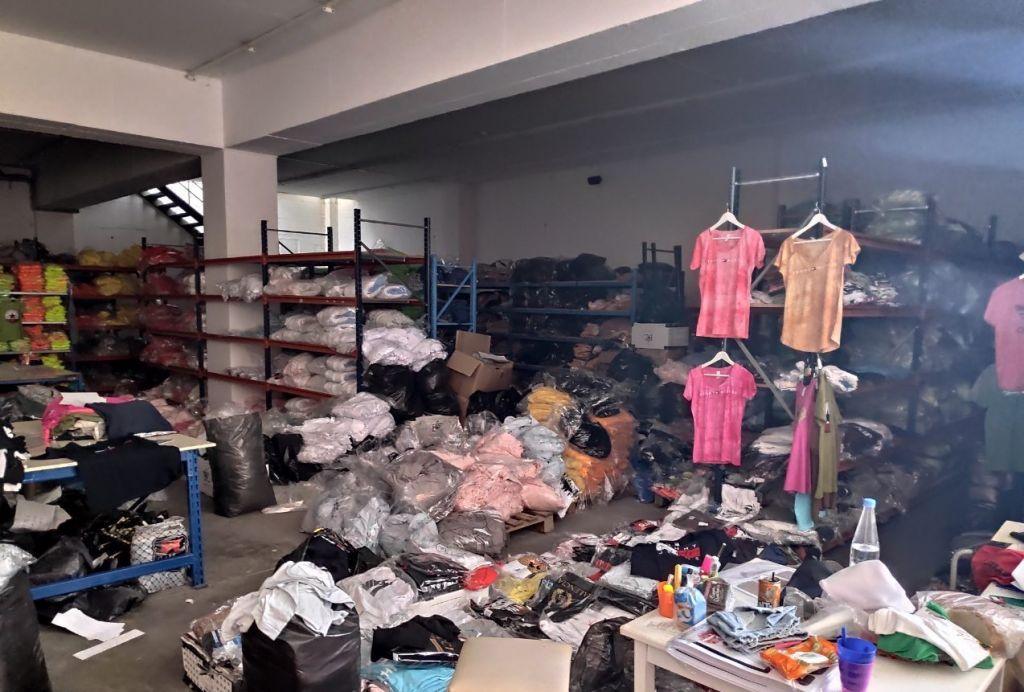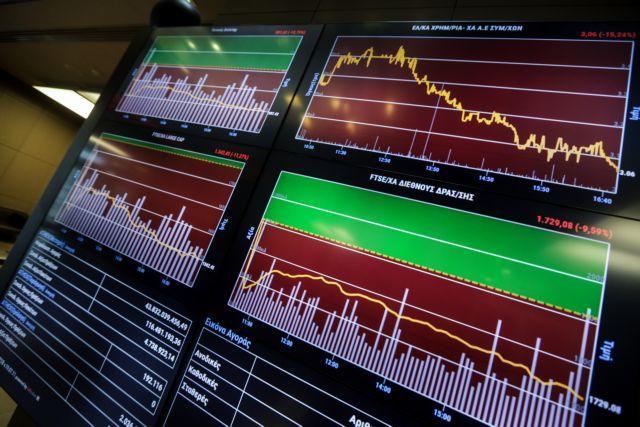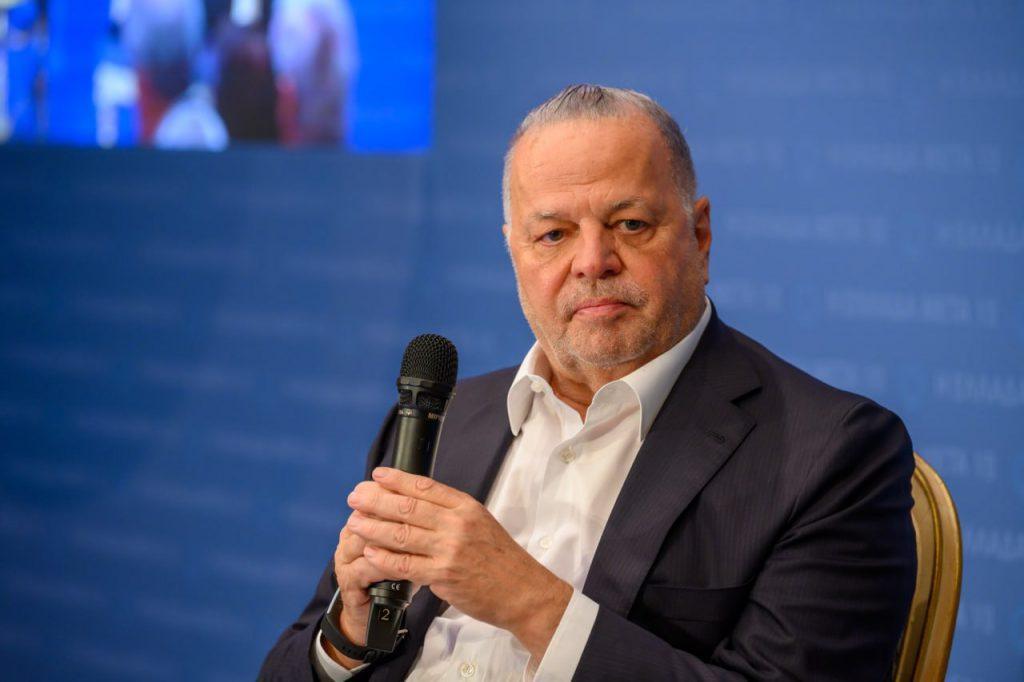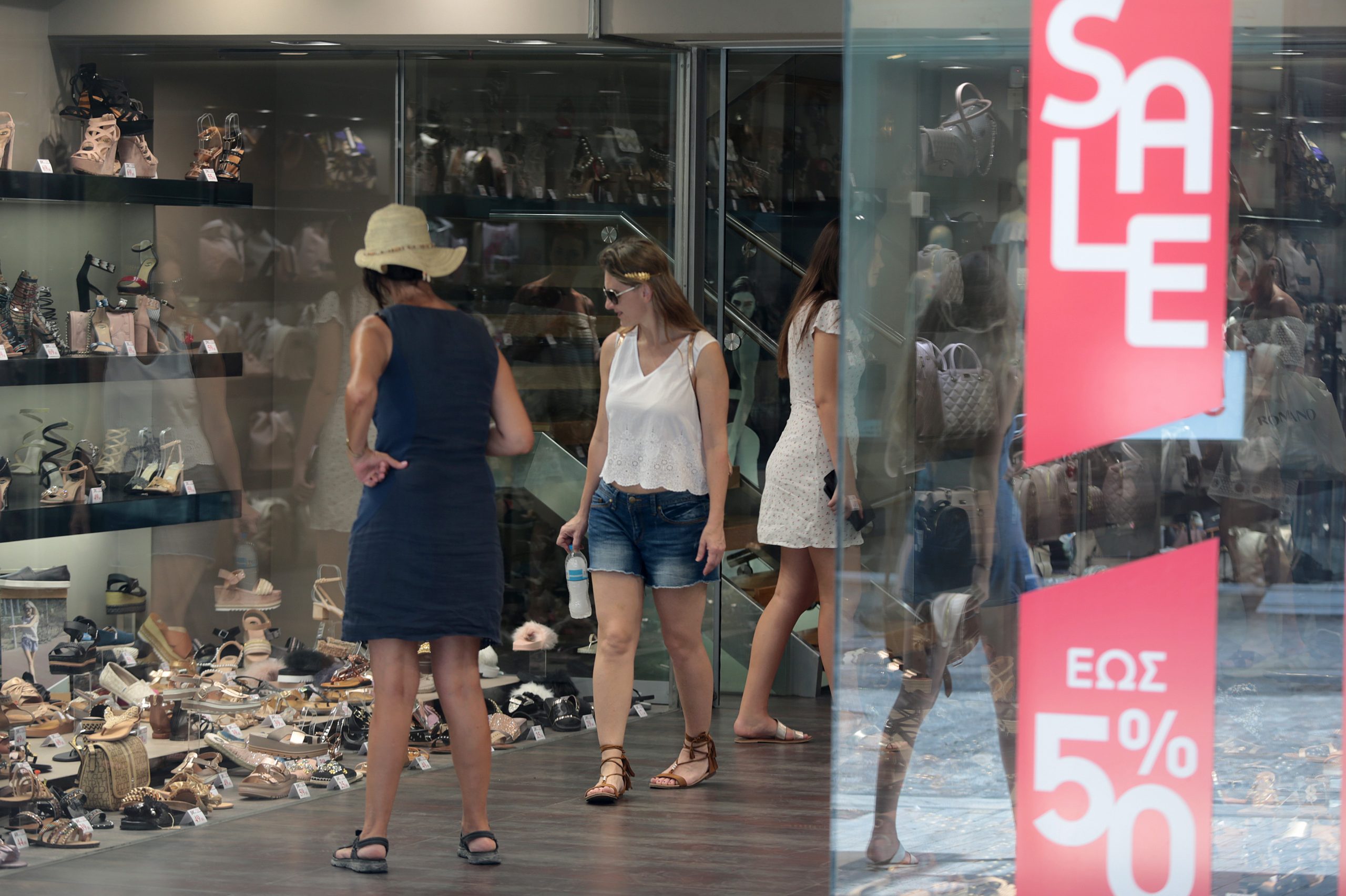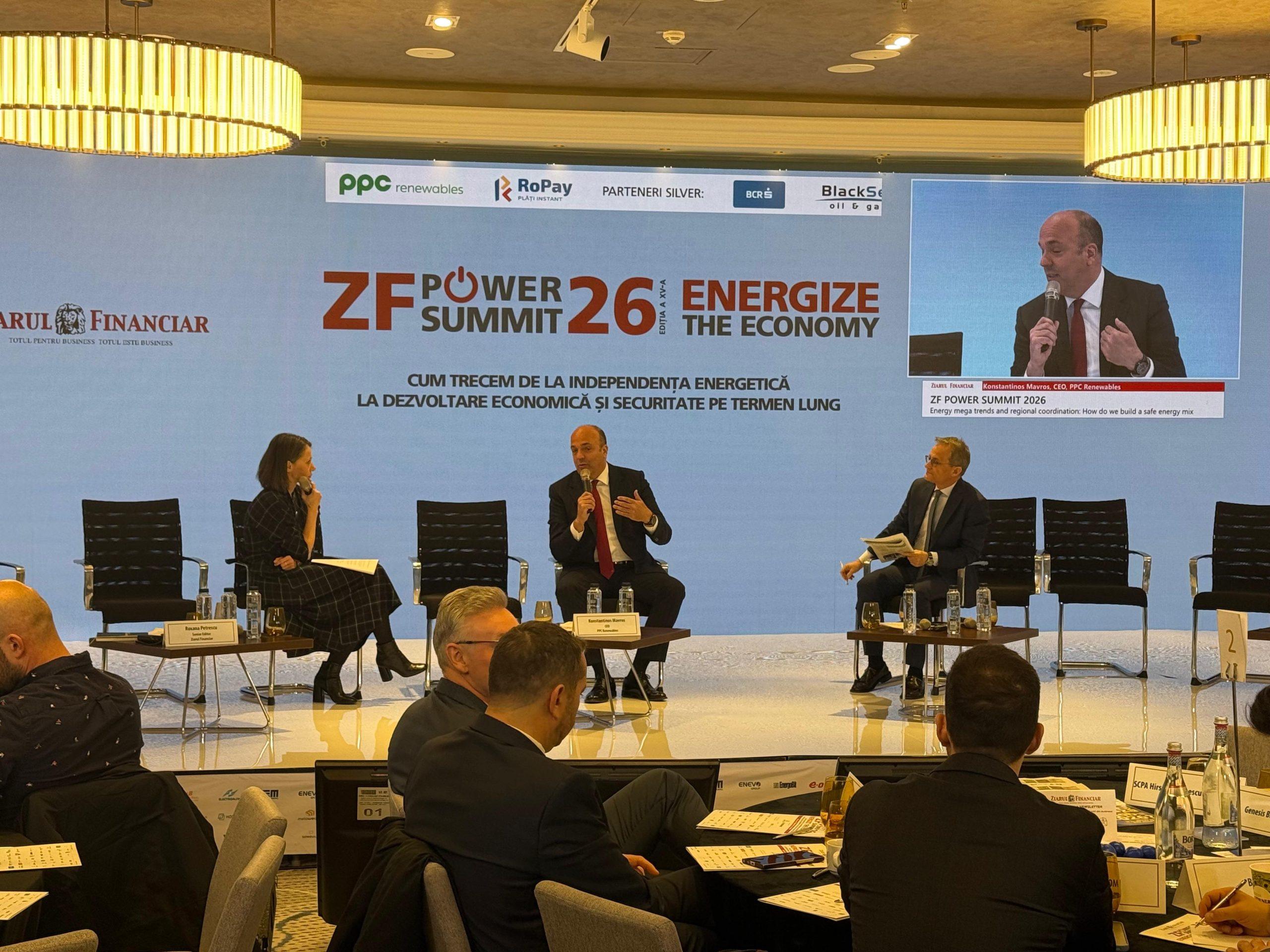The second part of a nationwide opinion poll on Greece’s housing crisis, unveiled on Action 24’s Morning Zone, paints a stark picture of rising financial pressure, public discontent, and demand for stronger state intervention in the housing market.
According to the survey, 76.6% of respondents live in privately owned homes, while 22.8% rent. Among renters, nearly 40% are spending more than 30% of their income on housing, with 16.9% allocating up to half of their earnings to rent alone– that’s one in six Greeks that spend half their income on rent.
Respondents cite the surge in short-term rentals like Airbnb (44.1%), unaffordable loans and high interest rates (39.6%), and a limited housing supply (26.6%) as the primary drivers of rent hikes. Additional concerns include escalating construction costs and a failure to utilize vacant properties.
Beyond finances, the crisis is impacting broader social dynamics. Citizens report increased economic stress (29.3%), barriers for young couples (27.5%), and delays in young people leaving the family home.
Government programs such as “My Home 2” and “I Renovate – I Rent” received a lukewarm response: 30.8% see them as positive but insufficient, 24.5% call for bolder measures like social housing and rent subsidies, and 21.2% find them beneficial yet hard to access. A notable portion remains skeptical about their effectiveness.
According to the Organisation for Economic Co-operation and Development (OECD) Greek households face the highest housing cost burden in the EU. On average, 35.2% of disposable income goes to rent, mortgage payments, and utilities, compared to the EU average of 19.7%.
Greece also has the highest percentage of its population burdened by excessive housing costs in the EU. In urban centers, this figure reaches 31%, compared to the EU average of 10%. For renters, the proportion approaches 80%.
Source: tovima.com
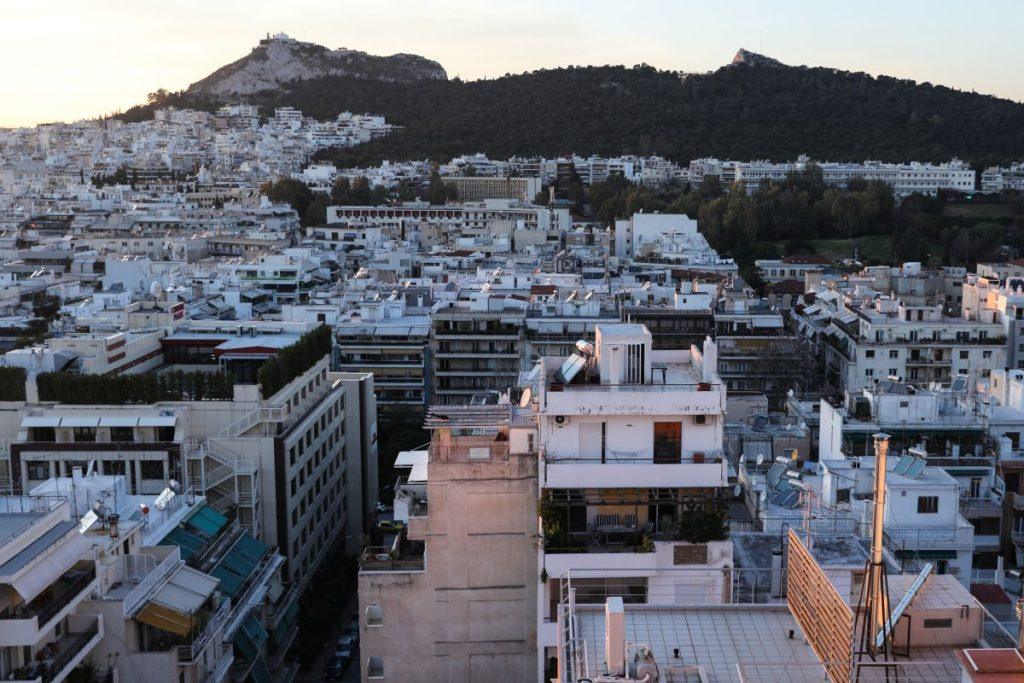
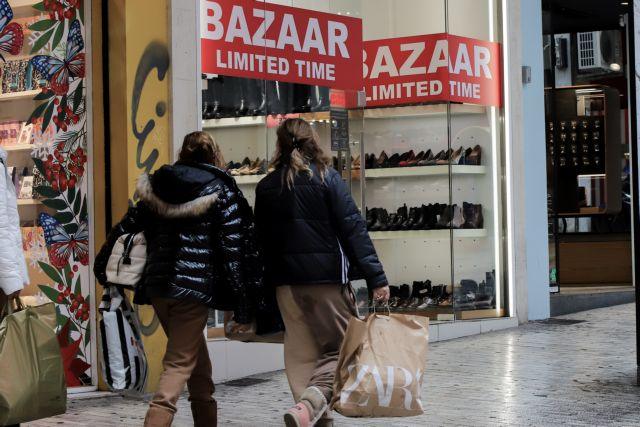


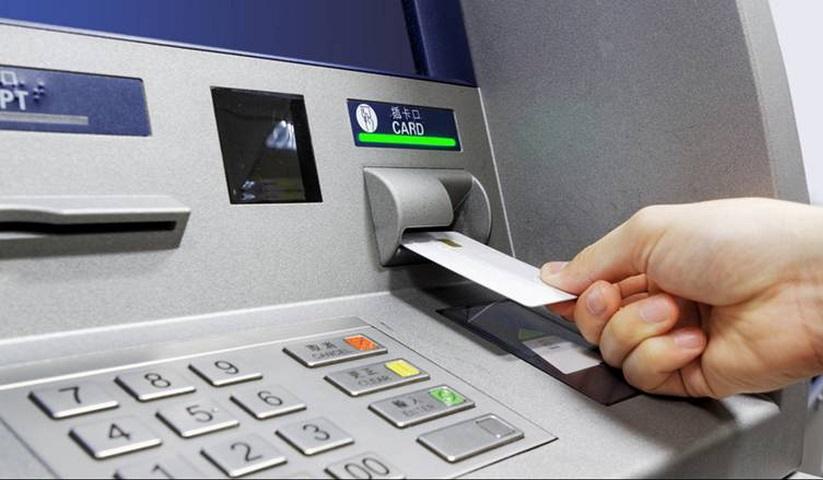


![e-ΕΦΚΑ: Πώς θα παραμείνουν ασφαλιστικά «καλυμμένοι» οι αγρότες [πίνακας]](https://www.ot.gr/wp-content/uploads/2024/12/ot_agrotis_sitari-300x300.png)




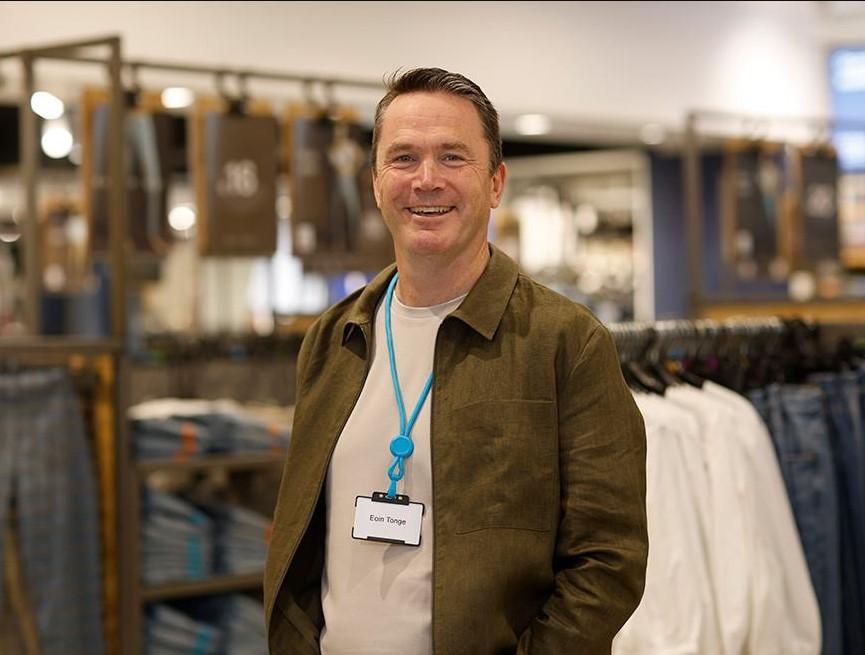

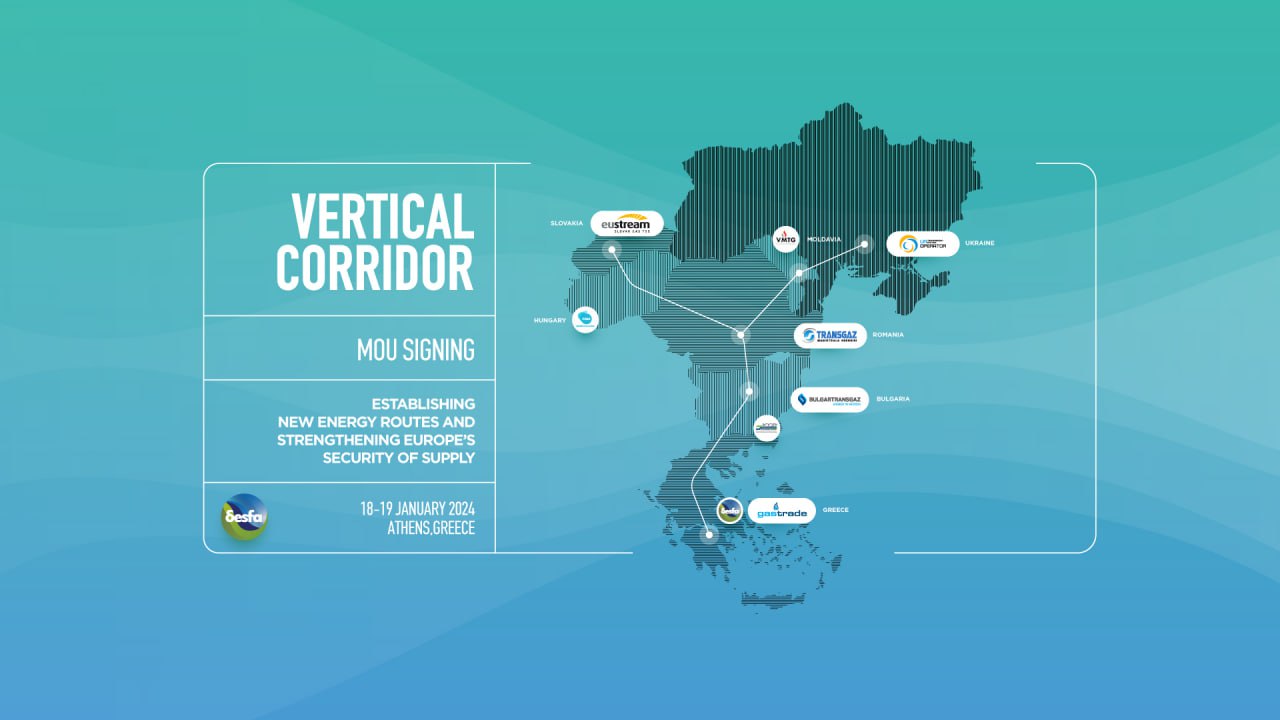




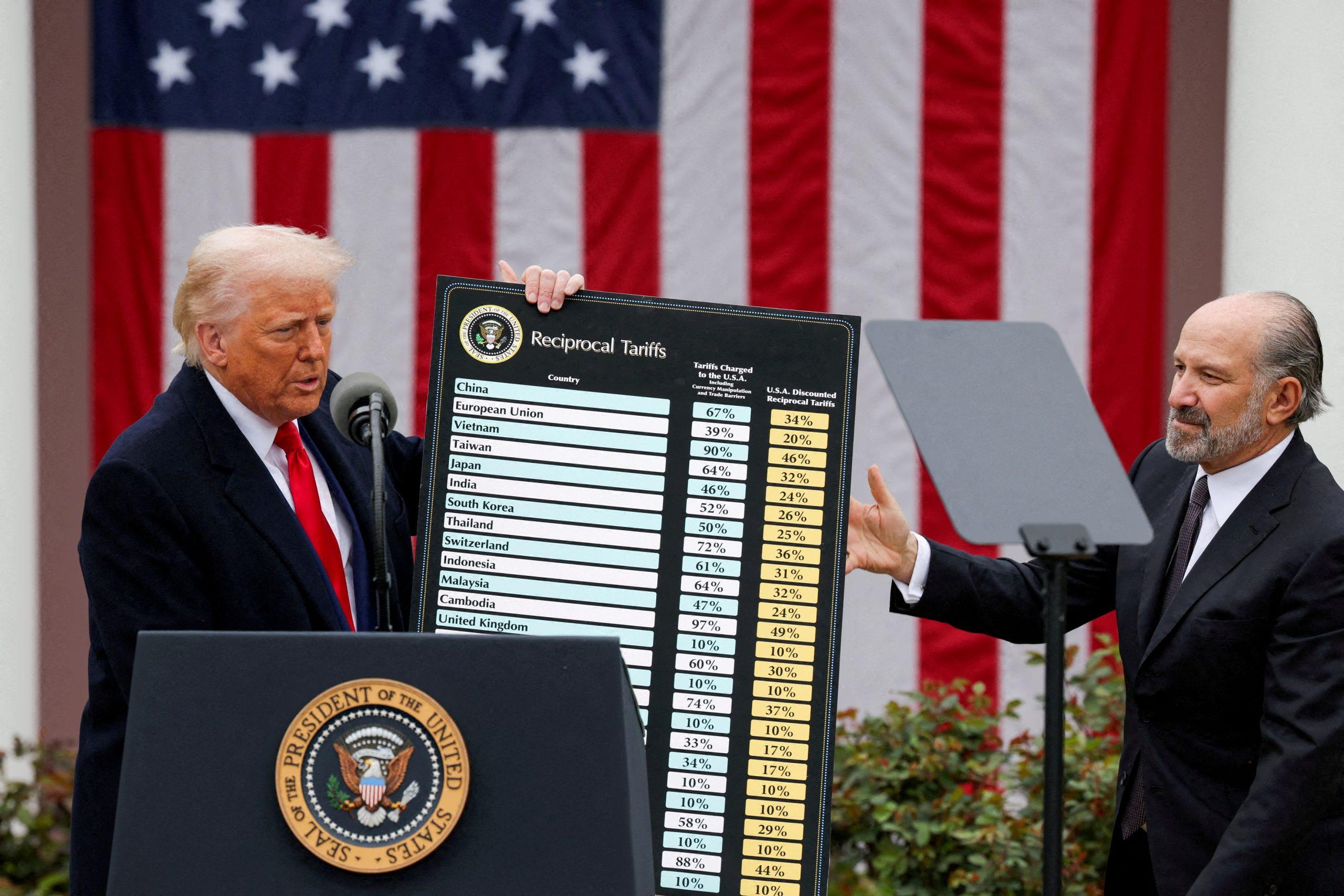






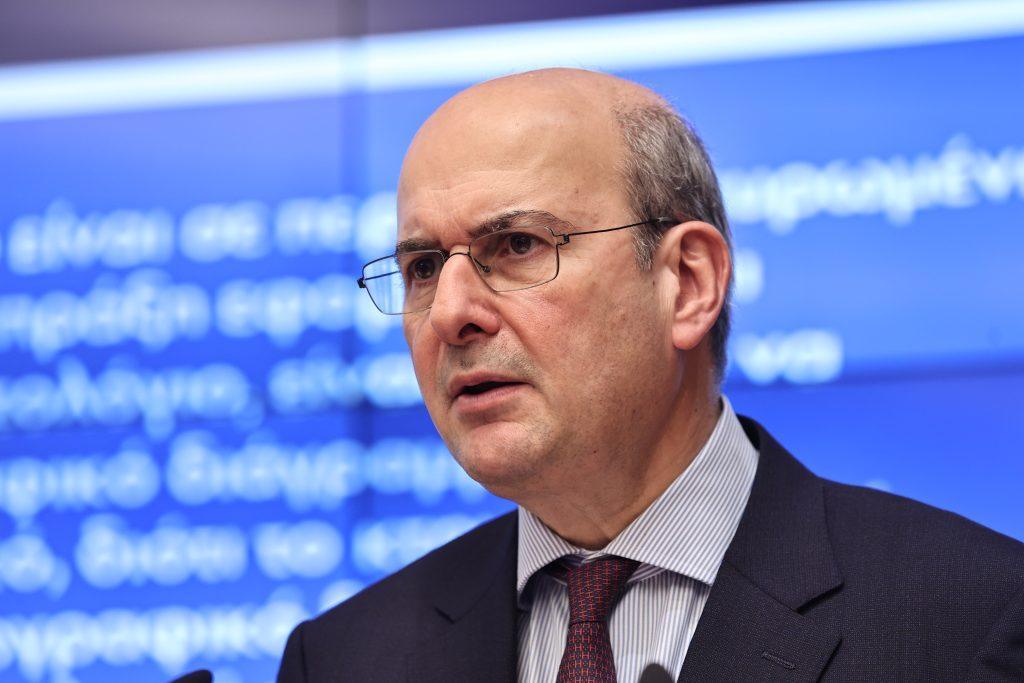

![e-ΕΦΚΑ: Πώς θα παραμείνουν ασφαλιστικά «καλυμμένοι» οι αγρότες [πίνακας]](https://www.ot.gr/wp-content/uploads/2024/12/ot_agrotis_sitari.png)


